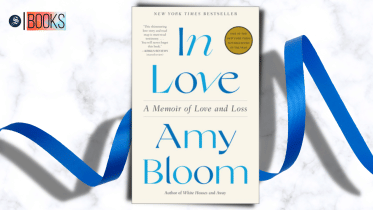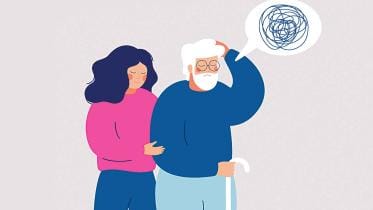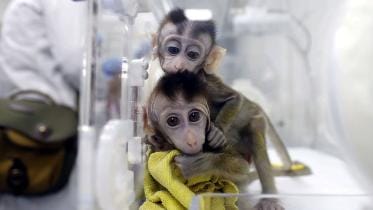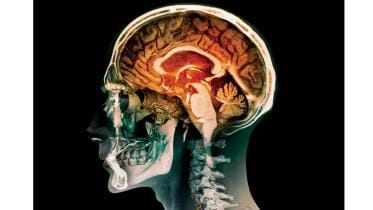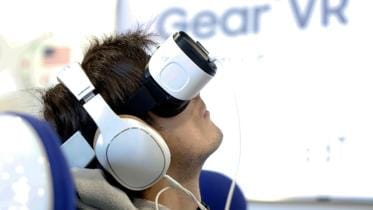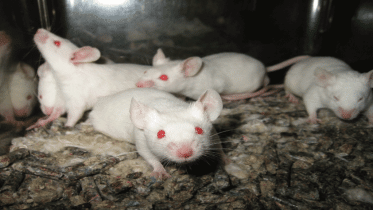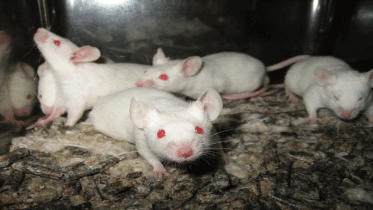Alzheimer's disease
An odyssey of love and loss
Having read an account of someone who stood by her husband and helped him through an assisted suicide out of love was extremely heart-wrenching.
2 August 2023, 14:55 PM
Can naps keep our brains healthy?
While longer naps could be an early symptom of Alzheimer’s disease, shorter naps are more and more being associated with larger total brain volume. This means that those daytime winks you love so much may actually protect against brain shrinkage as you age.
21 June 2023, 10:42 AM
When a Loved One Has Dementia
What if someone you love lost the ability to cherish memories?
7 July 2021, 18:00 PM
China clones gene-edited monkeys for sleep disorder research
Chinese scientists make clones of a gene-edited macaque to aid research of circadian rhythm disorders that are linked to sleep problems, depression and Alzheimer's disease, the official Xinhua news agency says.
24 January 2019, 05:19 AM
How science says we can help stave off dementia
September marks World Alzheimer's Month with September 21 dedicated to World Alzheimer's Day, as charities and organizations around the world try to continue to raise awareness of the condition, which is the most common form of dementia. Here we round up some of the recent research which suggests science-backed ways to try and reduce your risk of Alzheimer's disease and help us all age healthier.
21 September 2017, 13:22 PM
Human brain’s ultimate barrier to open for first time
This is believed to be neuroscience’s final frontier. Tiny bubbles will open the blood-brain barrier to sneak drugs into tumours – and we might treat Alzheimer's the same way, reports New Scientist.
10 November 2015, 05:14 AM
Virtual reality maze 'predicts Alzheimer's disease'
Alzheimer's disease can be detected decades before onset, using a virtual reality test, a study suggests.
23 October 2015, 06:43 AM
Dementia 'halted in mice brains'
A new study at Duke University shows tweaking the brain's immune system with a drug prevents mice from developing dementia.
16 April 2015, 04:43 AM
Can ultrasound fight Alzheimer's? Mice study hints at new weapon
Scientists believe they may have found a new weapon in the fight against Alzheimer's disease -- not in the form of a drug but in focused beams of ultrasound
12 March 2015, 05:48 AM
